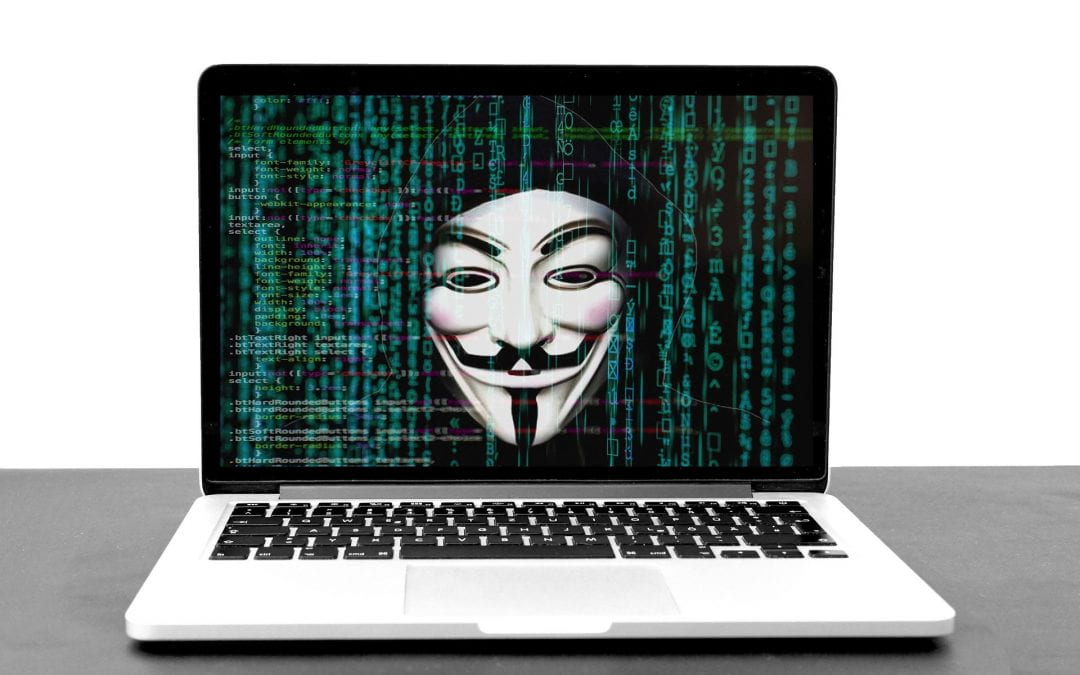If you think cyber security is the problem of the IT department or government agencies, then think again. It’s closer to home than you think.
Cyber security starts with you
As cyber crime reaches an all-time high across the world and our own Federal Government pledges $1.35 billion to boost Australia’s cyber defences, businesses are grappling with this growing threat.
So what, precisely, is cyber security?
Think of cyber security as any security measures to protect information. It can refer to software and technology itself, but also the processes and practises every individual or employee uses to protect devices, networks, programs and data from damage or unauthorised access.
Your IT department has been badgering you to change your password and bombarding you with warnings about cyber threats. Why do you need to take it seriously?
Wherever you work, devices are collecting, storing and transmitting data all day-long. Some of it may be sensitive information, relating to intellectual property, the finances of your company or your personal affairs.
Besides your payroll details, you’d be surprised how much other personal information is stored on your home computer, laptop or smartphone. It’s not just government infrastructure or military secrets that can be at risk.
As cyber crime increases in “frequency, scale and sophistication” (Prime Minister Scott Morrison’s words), safeguarding information is becoming more and more important, according to University of New England’s Cyber Security Manager Bashir Semakula.
“It’s an evolving situation and it’s getting more complex,” he says. “Some cyber criminals are highly skilled and it is up to every individual to remain alert and informed, and to implement effective security measures, most of which are basic.”
What’s at stake?
“Personal devices are connected to office networks and all the data they contain,” Bashir says. “If appropriate security measures are not in place, this can give cyber criminals unauthorised access from one computer to the next. The actions of one person can lead to an entire organisation being compromised.
“At a personal level, cyber criminals can access your private banking and superannuation accounts to extort money and even steal your identity. Once they know a lot about you, anything can happen. You need to see yourself as your family’s Chief Information Security Officer and take measures to protect yourself and the ones you love.”
Just as identity theft can cause individuals untold anxiety, wasted time and dollars, sophisticated hacking can devastate businesses.
“Some companies never recover,” Bashir says. “It can result in massive operational disruption, regulatory fines, and loss of customer confidence, which can affect the company’s reputation and bottom line. Cyber incidents can bring down an organisation.”
Here are a few simple tips from Bashir on how to protect your private information and that of your company.
- Change your password regularly, and especially if your IT Department advises you do so.
- Complex passwords are hard to remember. Use a password manager.
- Use two-factor authentication. Most providers have this feature available.
- Update your software regularly.
- Avoid clicking on any unusual links or providing personal details to random callers. Always verify their identity via alternative channels.
- Report any suspicious emails/calls to your IT service desk so your colleagues can be warned.
- Be cautious about what private information you share on social media.
- While convenient, public wi-fi is not secure. Be cautious about how you work and use the internet while travelling.
- Remain aware and alert.

